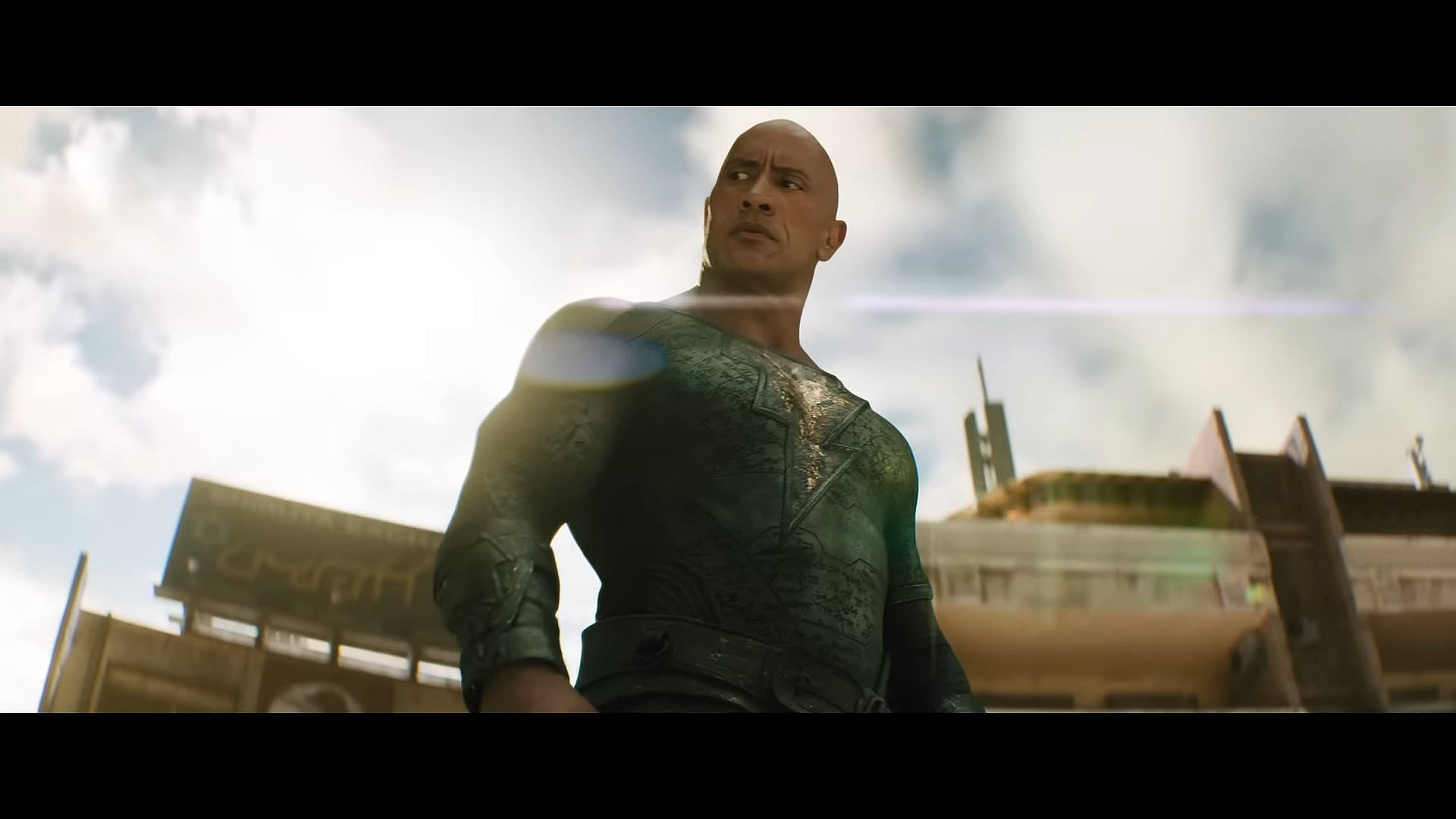Legacy Media Critics Trash ‘Black Adam’, Face No Accusations Of Being Racist Or Review-Bombing
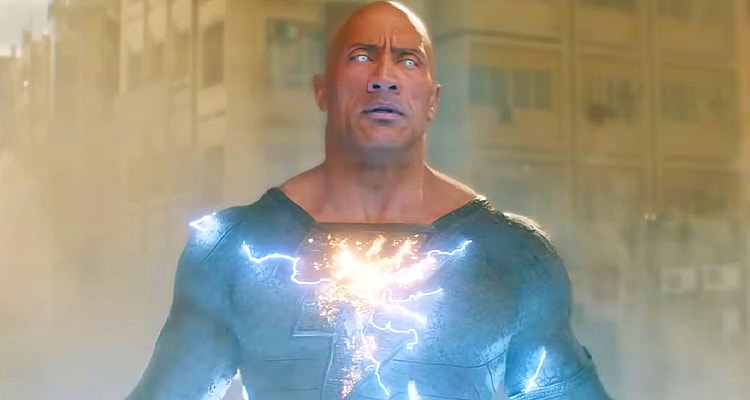
In a continuation of Warner Bros. Discovery’ particularly rough year, their last tentpole release of 2022, DC’s Black Adam, has been met with near-universal panning from legacy media critics – and curiously (less so if one has paid attention to the ever-growing disingenuity of the media landscape across recent years), none of them have been decried as ‘racist’ or had their actions described as ‘review-bombing’ for disliking a film with a non-white lead.

Since awakening from his slumber on October 21st, the Dwayne “The Rock” Johnson passion project has, as of writing, amassed one of the worst critic scores of the year, as calculated by twin review aggregate sites Metacritic and Rotten Tomatoes.
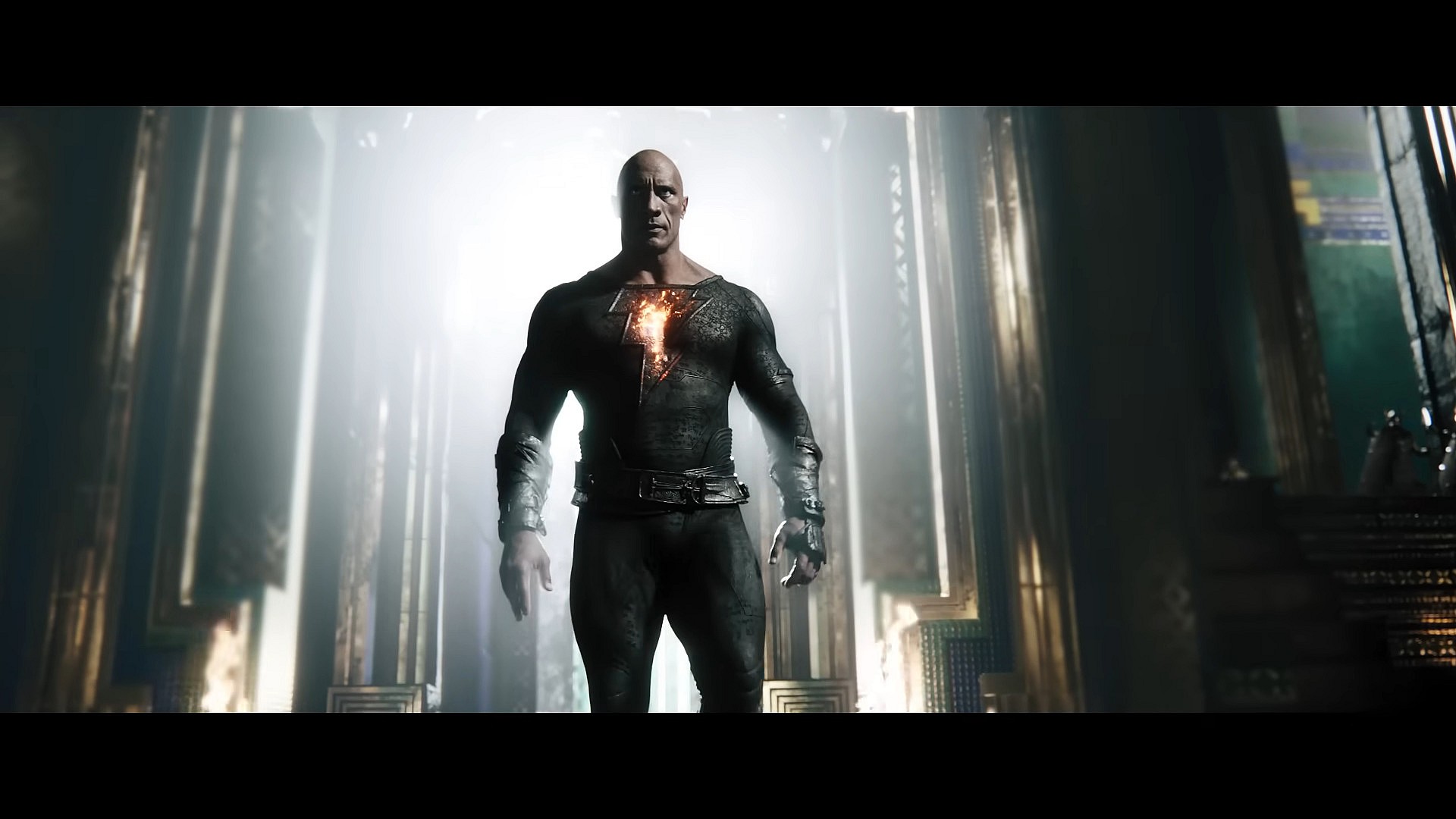
On the former, the Justice Society of America-starring feature currently holds a 41/100 score based on 50 reviews:

While on the latter, the thoughts of 223 critics have left the film with an equivalent rating of 39%, thus officially bestowing Black Adam with the not-so-coveted title of ‘certified Rotten’:

Yet, upon reading the actual reviews themselves, it seems that that critics held far less of a favorable opinion of the film than the above averages could even suggest.
“Dwayne Johnson is at his most uninteresting (muscles in spandex) as an ancient Egyptian bodybuilder who must learn (like Drax in Guardians of the Galaxy) that sarcasm is cool and that (like Arnie in Terminator 2) torture and murder is not,” dismissed The Times’ Kevin Maher. “Pierce Brosnan appears as a Doctor Strange knock-off called Doctor Fatek and the whole thing is buttressed by some ugly political revisionism.”

RELATED: Henry Cavill Cameo In ‘Black Adam’ As Superman Spoiled, Warner Bros. Still Trying To Keep Lid On It
Echoing a particularly common criticism echoed among tired comic book movie fans, Glen Weldon wrote for NPR, “It seems both obvious and inevitable to note that, this many years into superhero cinema’s ascendancy, novelty comes at a premium. Even so, Black Adam seems perfectly content to pick over the wilted remains of the superhero-movie salad bar.”
“It seems both obvious and inevitable to note that, this many years into superhero cinema’s ascendancy, novelty comes at a premium,” he further discussed the film’s tired formula. “Even so, Black Adam seems perfectly content to pick over the wilted remains of the superhero-movie salad bar.”
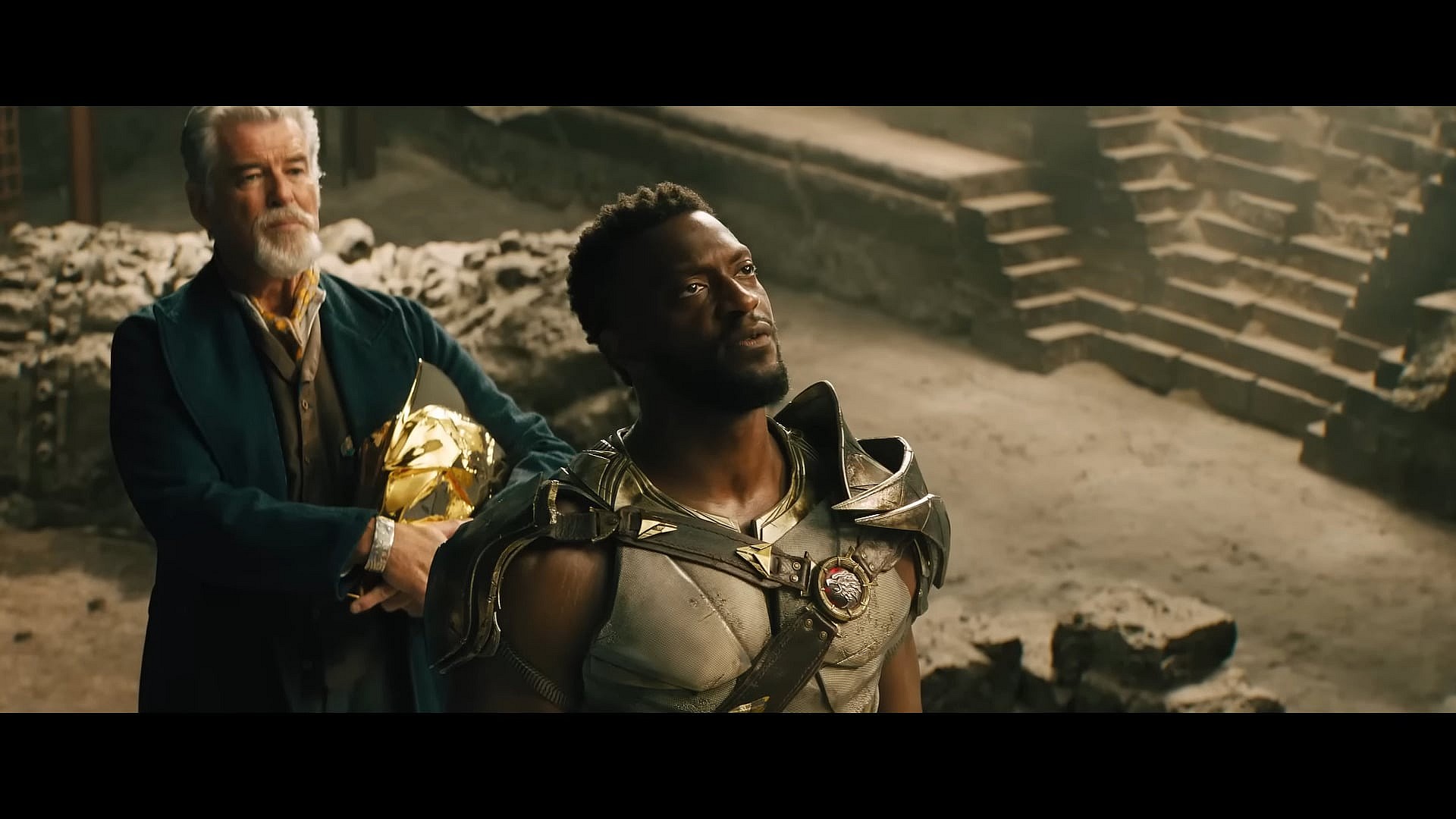
The New York Times’ Maya Phillips similarly wrote the film off as “a dull, listless superhero movie that hits all the expected touchstones of the genre under the guise of a transgressive new antihero story.”
“If, as the credits roll for Black Adam, you’re still stuck wondering what defines a bad hero or a good antihero, know that at least the film clarifies one thing: What makes a bad hero movie,” she savagely concluded.
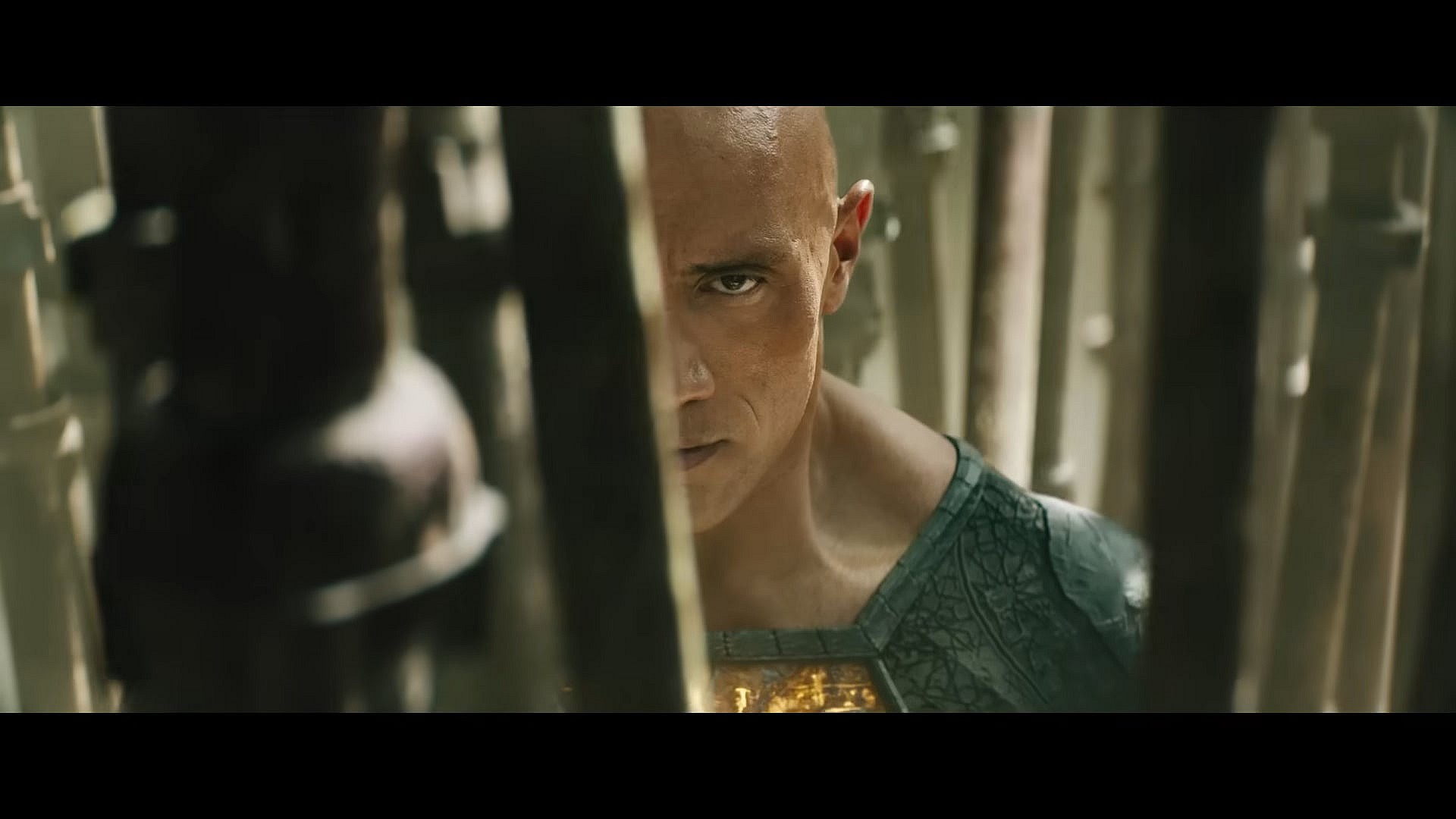
Continuing this line of ‘soullessness’-based criticism, The AV Club‘s Phil Pirrello admitted, “Black Adam unfortunately resembles large chunks of what came before: A brooding, weightless CG punch-a-thon, shot with the same grimy visual style of previous Snyderverse entries in the DCEU.”
“A movie full of under-cranked, slow-mo action (it’s really okay to let this aesthetic go, Warner Bros.) and over-plotted world-building that delivers more information than emotion because the movie struggles to ground this world on the backs of characters worth emotionally investing in,” he added.
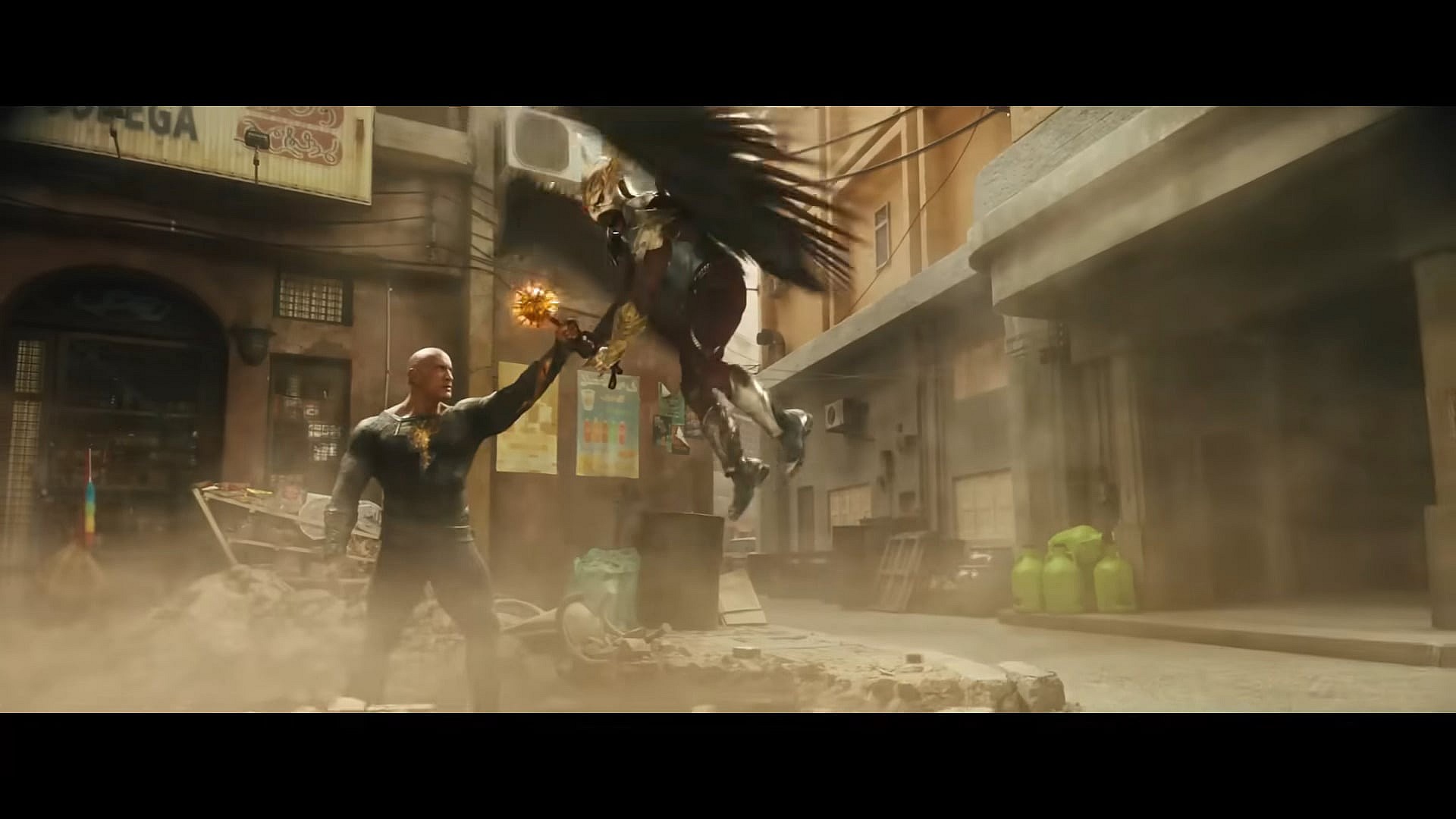
Even those reviews classified as ‘positive’ struggled to give any sort of solid praise or recommendation of the film.
“Make no mistake,” asserted The Washington Post‘s Michael O’Sullivan. “Black Adam proceeds with predictable action sequences, tiresome fight scenes and the now-requisite sacrifice of a major character. But it’s that seasoning of radical politics — the theme, expressed in the film as a question of whether freedom fighters should have to play by the rules of war — that gives it a bit of spice.
“Whether that’s enough to set Black Adam apart in a world that already arguably has too many superhero movies is unclear,” he observed.

Speaking specifically of Johnson’s performance as Teth-Adam, Vulture critic Bilge Ebiri explained, “There is, it turns out, a narrative reason for the character’s refusal to feel things. But it’s a dopey reason, and it feels like a cop-out. Worse, it undercuts the movie: Johnson is so emotionless for so much of the film that if you told me he wasn’t actually there for the shoot and that they just used a still photo of his face to animate his scenes, I’d believe you.”
“Honestly, after more than a decade of overbaked cookie-cutter superhero flicks, I’ll take it,” he ultimately sighed. “Just don’t ask me to care about anybody.”
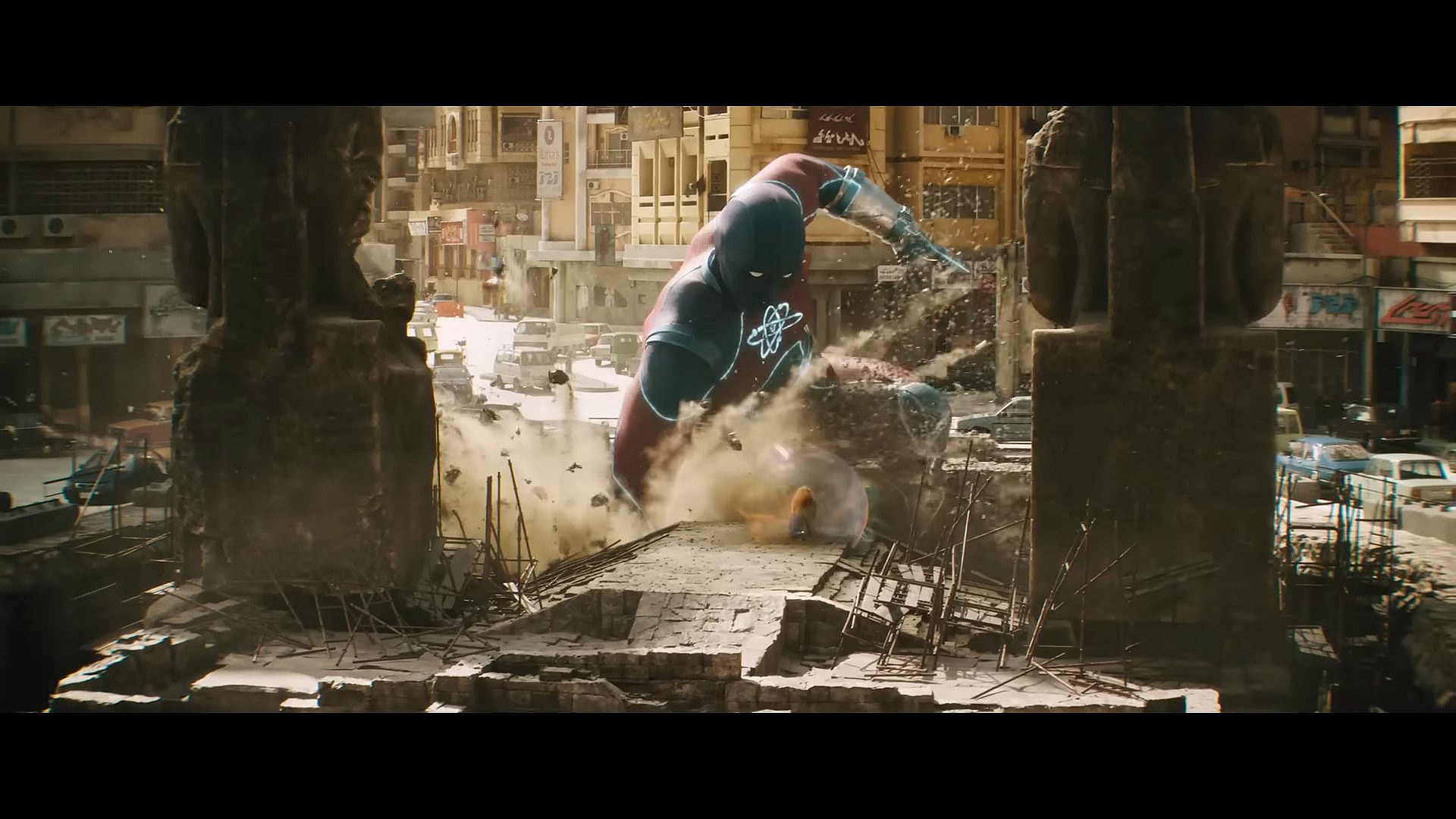
“Black Adam is a superlative and clever example of this sort of movie, coloring within the lines while drawing fascinating doodles on the margins,” Matt Zoller Seitz more positively rephrased the above arguments in his review for RogerEbert.com. “In its brash, relentless, overscaled way, Collet-Serra’s film respects its audience, and wants to be respected by it.”
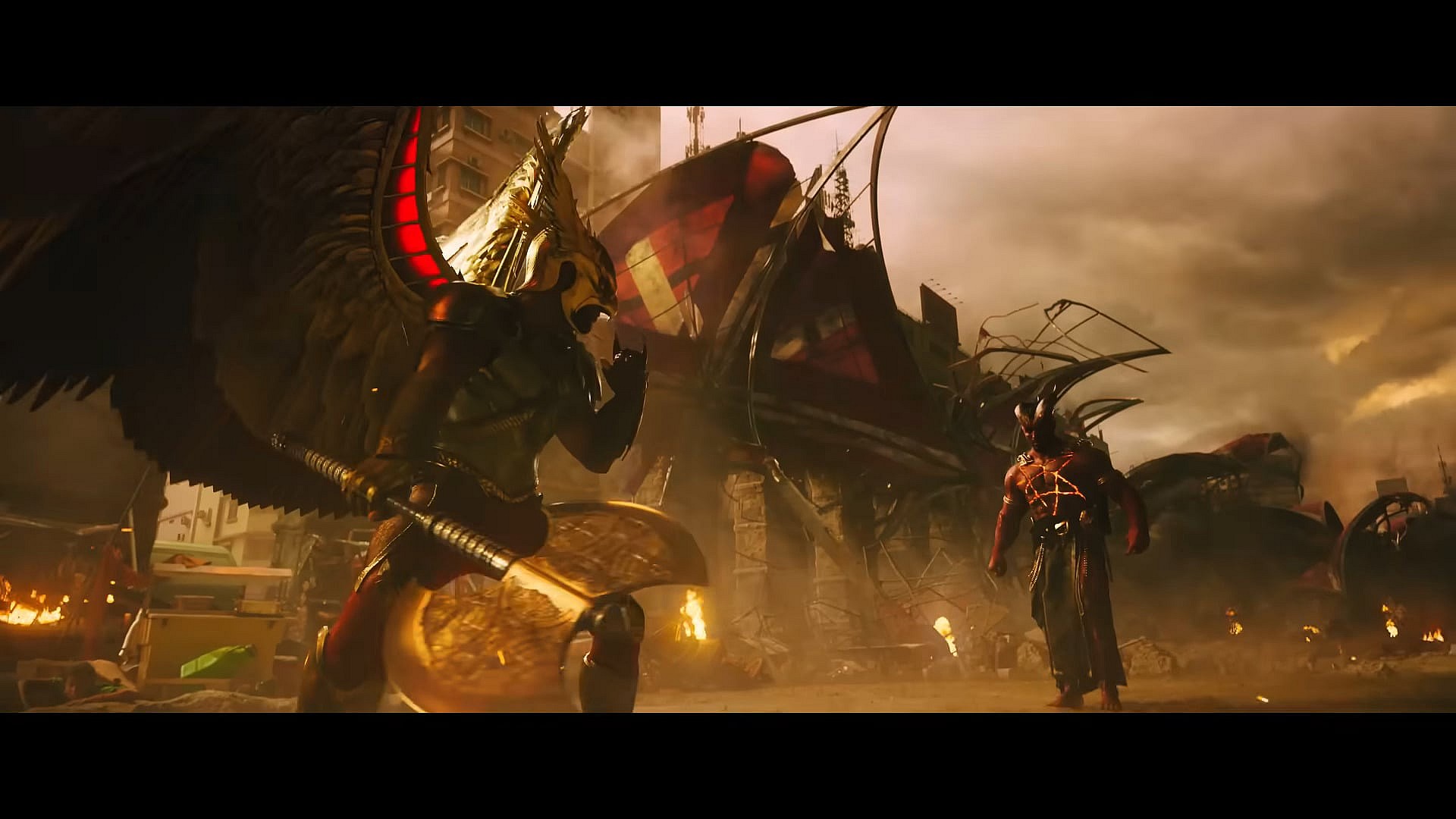
As noted above, these criticisms – overuse of CGI, uninteresting characters, nonsensical narratives, clear signs of studio meddling – are similar to the ones numerous fans have leveled at Hollywood’s recent attempts to capitalize on a given long-established franchise’s inherent audience base, such as s Doctor Strange in the Multiverse of Madness, Wonder Woman 1984, or even the Star Wars sequel trilogy.

Yet – as noted by many, including YouTuber Ryan Kinel – no outlets are running hit pieces on detractors claiming that they’re bigots engaging in bad-faith review bombing.
No one is claiming that the Samoan-slash-black-actor-led film’s critical rejection is based on angry, straight, male, often white comic fans being unable to handle a changing world that’s ‘leaving them behind’.
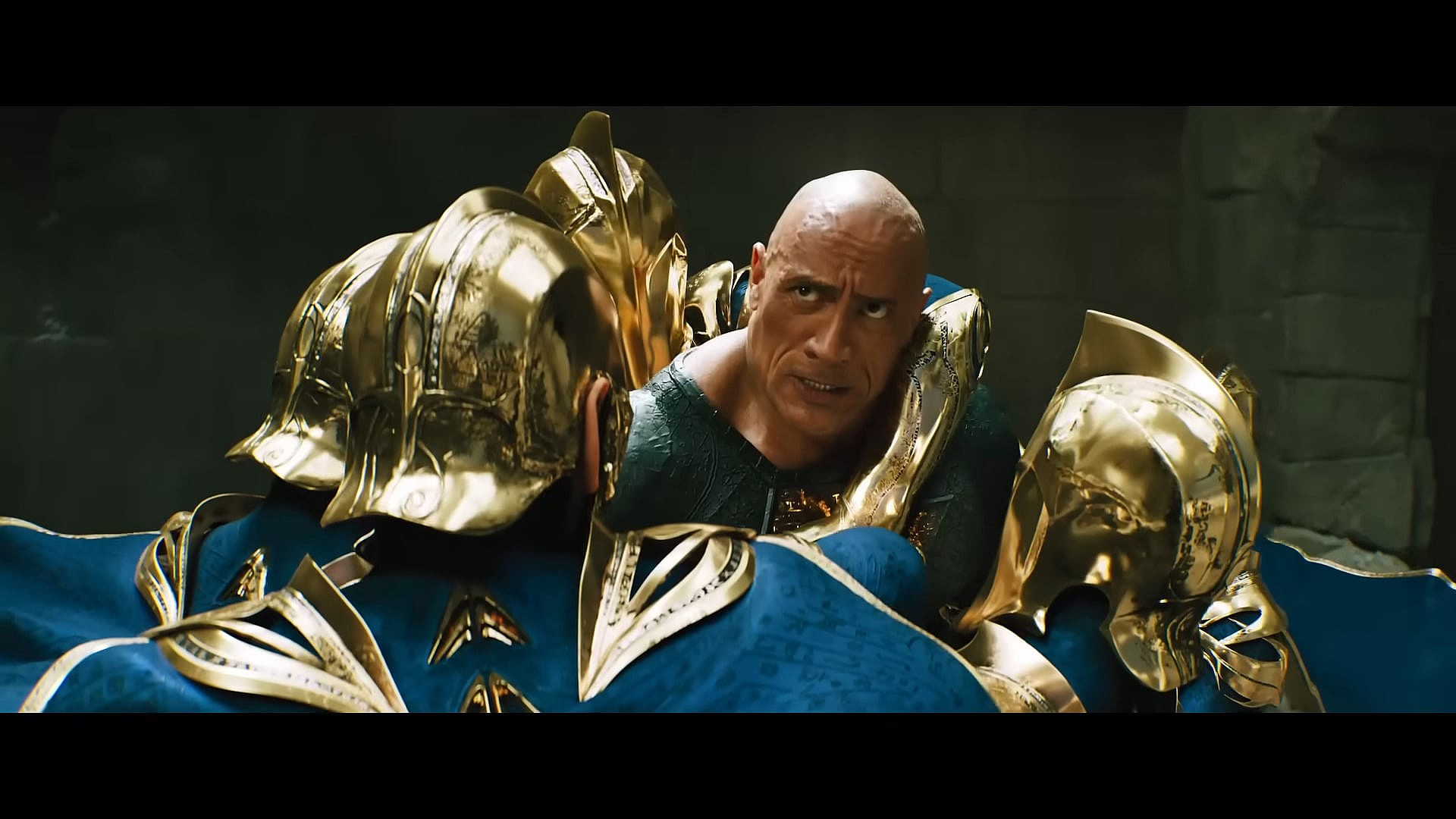
Without a specific confirmation from any of the involved parties, such as the studio, the outlet bosses, or even the reviewers themselves, it’s impossible to say with 100% certainty why this narrative hasn’t arisen around Black Adam.
However, to caution a theory, it ostensibly seems that no one is rushing to play savior for Johnson and crew – even Quintessa Swindell and Aldis Hodges whose respective race-swapped performances of Cyclone and Hawkaman, along with the rest of the JSA, were described as inconsequential and nonsensical by near every critic – because they can’t use this film in a ‘culture war’ narrative due to the fact that it was not developed with spiteful intentions towards its audience.
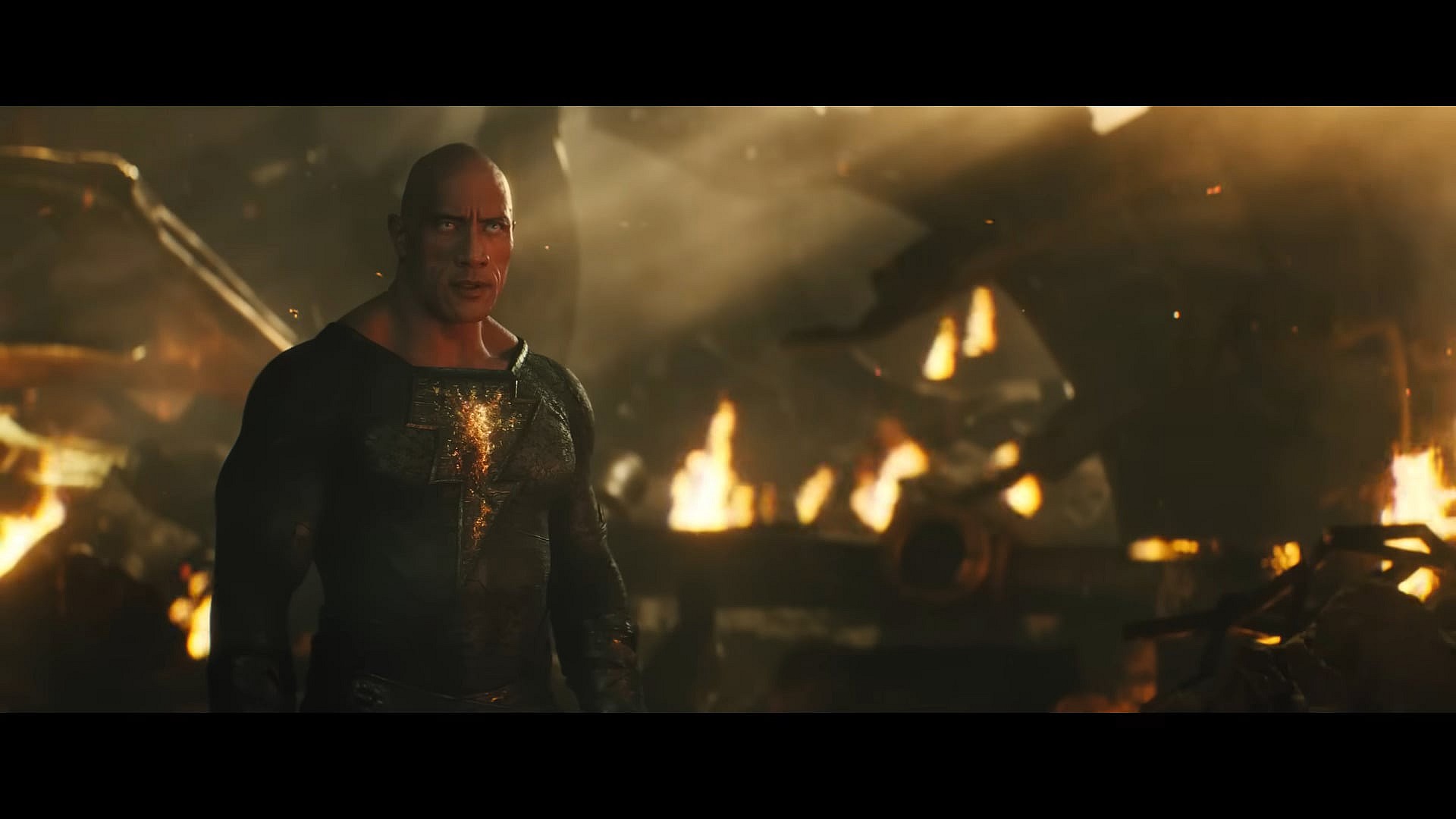
Looking back on the most ‘controversial’ productions in recent years, such battlegrounds as She-Hulk: Attorney at Law, Thor: Love and Thunder, and even WandaVision (admittedly all Marvel productions, but that has more to do with WBD’s ongoing scheduling woes) all expressed a disdain for their tentative audiences.
From the writers’ room, to the marketing, to the actual finished products themselves, the super hero shows and films which have received the most backlash and subsequently the most defense are consistently those which set out to intentionally insult their audiences under the guise of ‘progressivism’ (more realistically neoliberalism).

After all, didn’t you just love Marvel’s first potential crossover with the Fox universe being a bait-and-switch boner joke?
No? Well, you’re just not accepting of female-led projects or women behind the camera. Get with the current year.
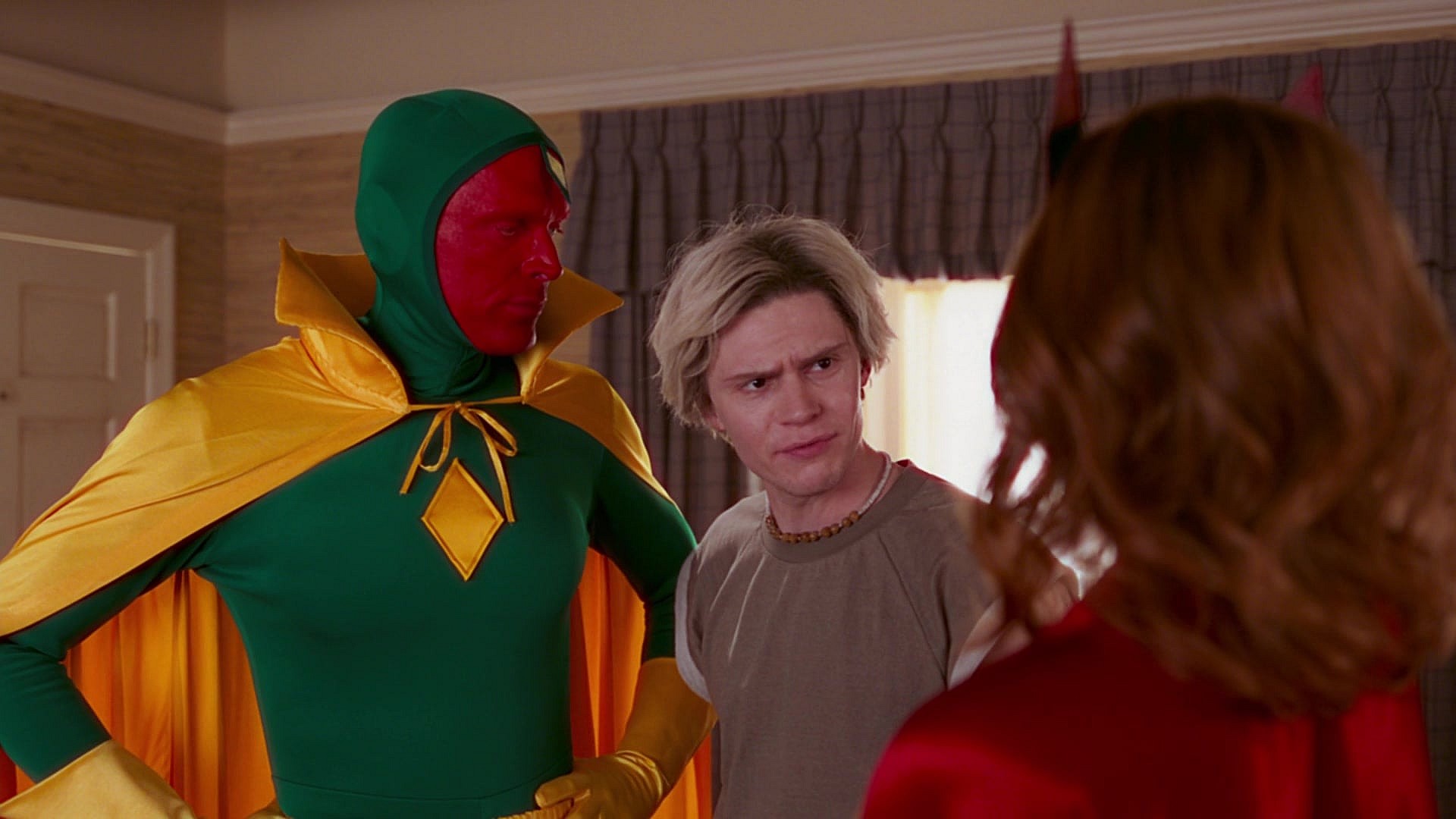
On the other hand, Black Adam, for all the flaws of its final cut, was made with not just out of its star and producer’s personal love of the character, but his respect for the fans.
Johnson did not set out to intentionally ‘poke’ at fans in order to milk the marketability of their frustrated reactions, but to make what he thought would be a solid and entertaining time for fans.
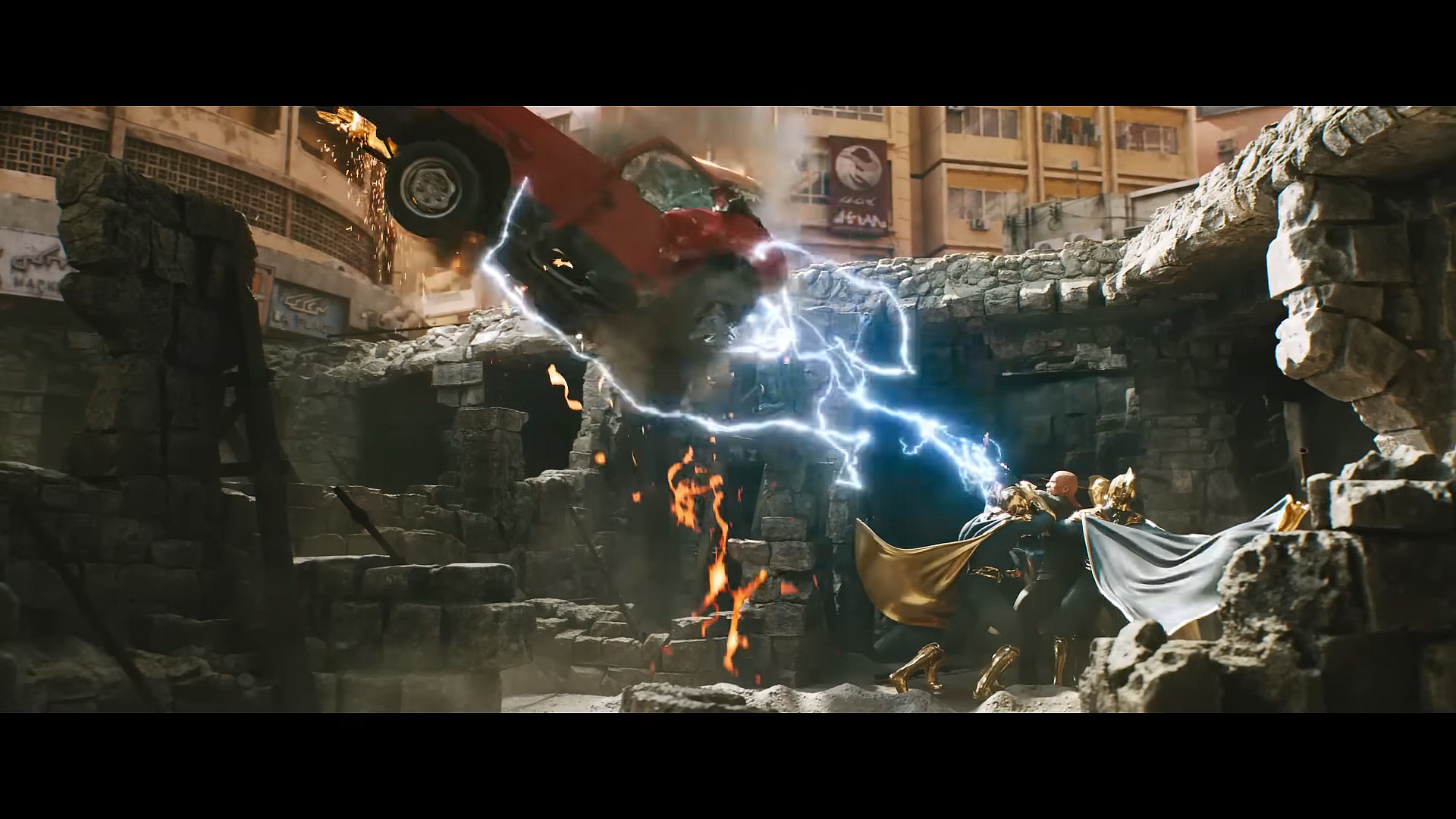
And arguably, he did just that, as despite the film’s above rejection by critics, the film holds a resoundingly positive audience score on both Metacritic – 7.5 across 316 reviews – and Rotten Tomatoes – 90% over 5,000+ verified reviews.
Further, he’s stuck by this philosophy post-release, crediting fans in full with the film’s success.
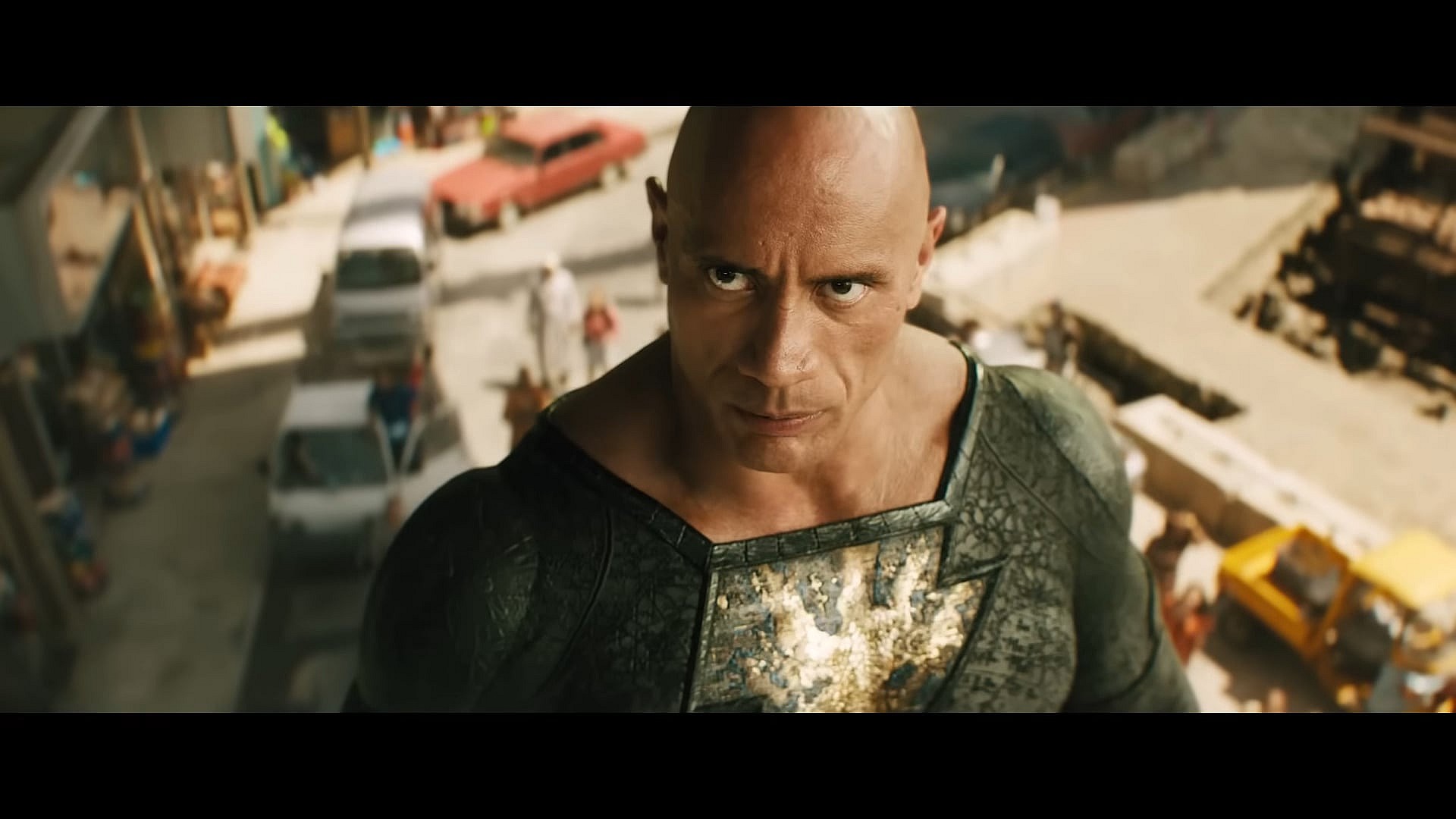
“This phenomenal 90% AUDIENCE SCORE for #BlackAdam is so gratifying for so many reasons,” tweeted Johnson on October 22nd. “15 years. THANK YOU for all so much for all the love and support”.
“In the end, the only thing that matters to me is sending the people home happy,” he concluded. “And that’s what I’ll always fight for.”

At the end of the day, the legacy media has once again proved that they exist by the creed of “rules for thee, not for me”.
